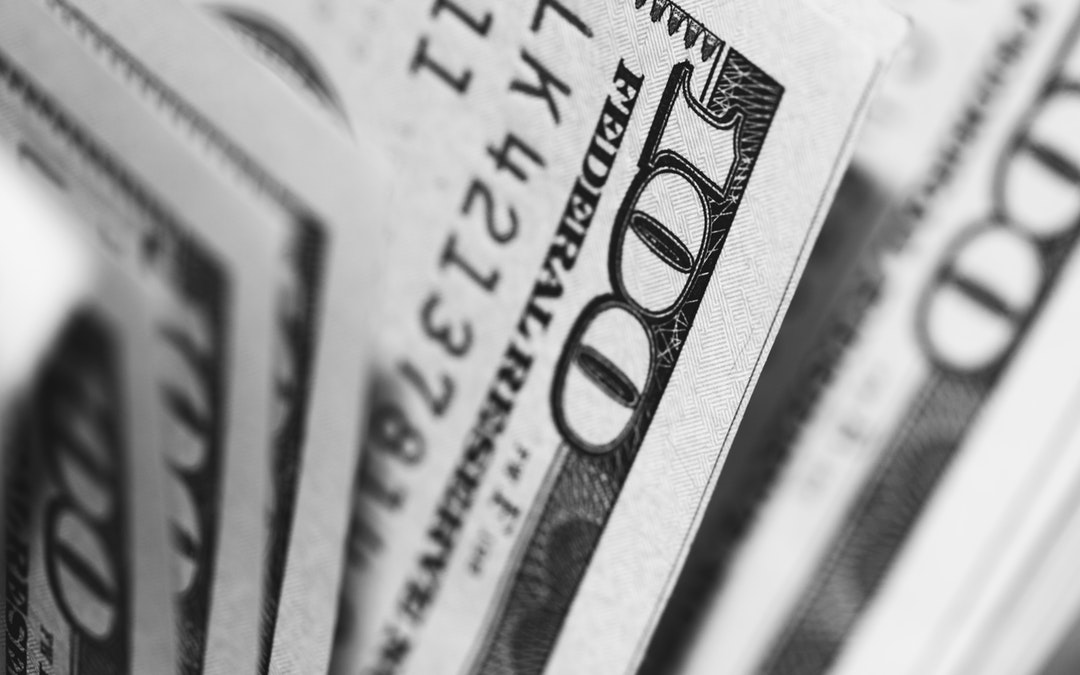We’re all familiar with the dreaded dental visits. The sound of drilling, the possible pain after a visit, and that gigantic needle filled with novocaine.
Whether it’s an abscessed tooth that needs attention, applying crowns or getting a root canal, the cost of oral surgery can be quite daunting, especially if your insurance doesn’t cover everything.
Before you head to your dentist or oral surgeon, take a look at these five important factors that can play a big role in determining the final cost.
1. A Tooth Extraction Can Cost You
To sum it up nicely, a tooth extraction simply means your dentist needs to pull your tooth or several teeth. While it seems simple enough, the cost can vary depending on a number of factors.
Most teeth extractions range anywhere from less than $100 to several hundred dollars per tooth. However, if your teeth are impacted, you can expect to pay anywhere from $800 to several thousand dollars depending on the complexity as well as other factors like your location.
2. Your Dental Insurance Matters
If you have dental insurance, it can cover the cost of a variety of services like cleanings and x-rays, but oral surgery can throw a wrench into the claims process.
Take a close look at your current dental insurance plan to make sure you’re covered for more complex procedures. If you have any questions, call your provider in advance to be clear or what you can expect will be covered.
A lack of dental coverage or a plan that doesn’t offer many benefits for oral surgery can leave you footing a hefty bill.
3. Location Can Affect the Cost of Oral Surgery
Believe it or not, where you live can have an impact on how much you can expect to pay out of pocket for your oral surgery.
People who live in large urban areas might end up paying a lot more than someone who lives in a small rural town. Or, you may find dental costs are higher in less populated regions due to the lack of services available.
4. Complex Problems Equal Rising Costs
While most procedures are fairly cut-and-dry, there are a few factors that could make the cost of oral surgery go higher. Some of these include:
- Impacted teeth
- Wisdom teeth removal
- Cracked or fragile teeth that need removal or reinforcement
- Exposed root tips
- A dense jaw bone
Your dentist will easily be able to identify any unforeseen problems before the surgery begins. Ask them about potential rises in cost as the procedure progresses. In some cases, you might be able to opt for an alternative treatment other than oral surgery to keep your expenses lower.
5. Aftercare Adds Up
After your oral surgery, there are still a few costs to keep in mind. You’ll most likely get prescription medication for pain and swelling, and that cost will be heavily dependent on what your insurance covers.
If you end up dealing with problems like dry sockets or an infection, you’ll have to return to the dentist which will result in additional bills.
Be Dentally Diligent
By taking good care of your teeth and reading all of your insurance documentation, you’ll be better prepared to know the cost of oral surgery in advance.
For more information about managing your money including tips on saving on healthcare, be sure to visit our blog.
